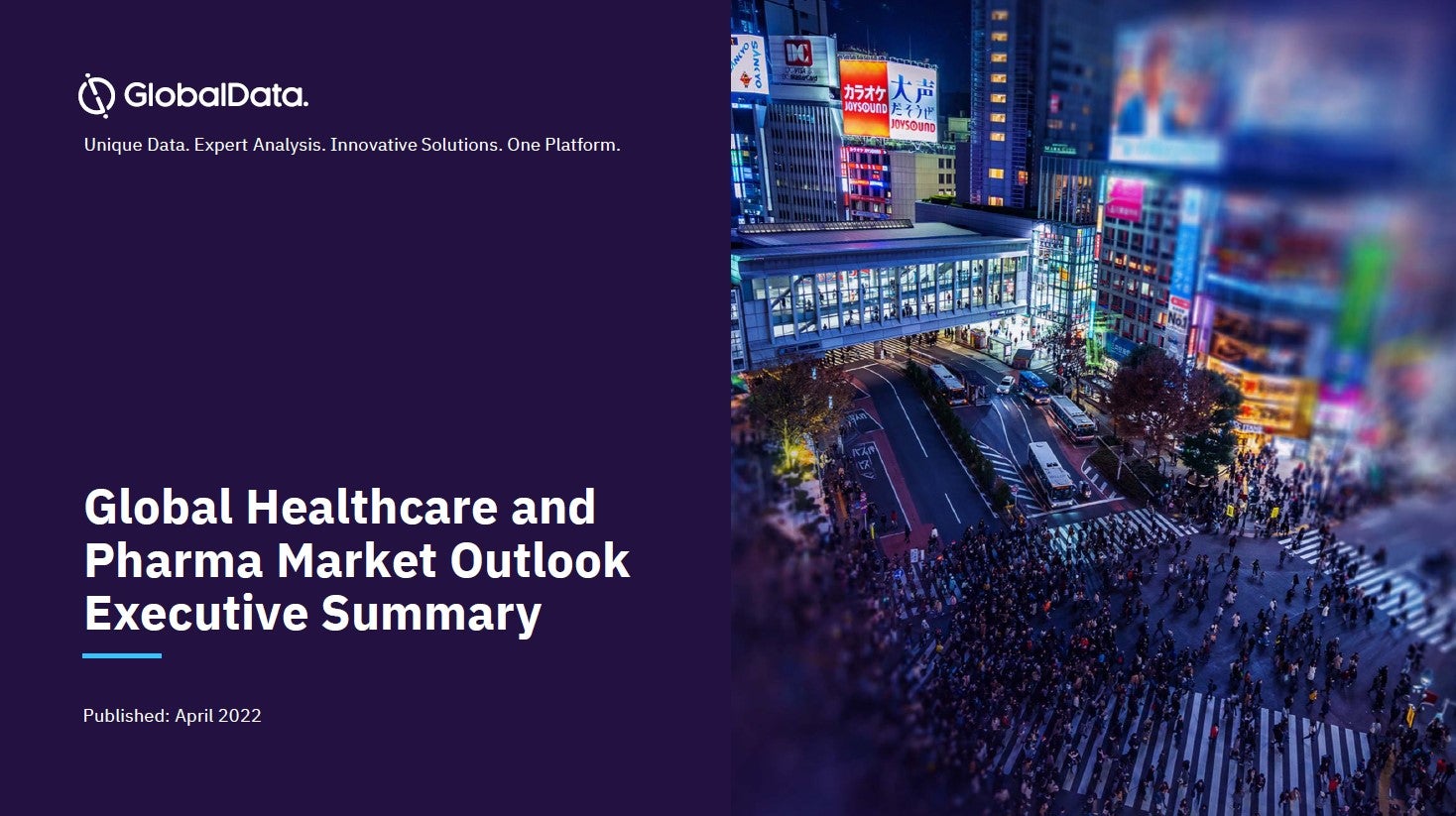Risk sharing agreements soar as market access risk increases
GlobalData analysts detail a rise in risk sharing agreements with pharma companies, especially with oncology drugs.

Over the last twenty years, there has been a major rise in risk sharing agreements in the pharmaceutical space, said Alex Watt, GlobalData’s principal research analyst, at a recent webinar on the same topic. These agreements have been particularly propelled by the recent rise in inflationary pressures and pharmaceutical market instability, pushing healthcare systems to find new ways to reduce risks associated with new drugs.
On 16 March, Watt spoke at GlobalData webinar titled “Pharma [POLI]: Market Access Risk Outlook”, providing a current outlook on the pharmaceutical pricing and reimbursement environments around the world, including key reforms, risks and opportunities.
GlobalData is the parent company of Pharmaceutical Technology.
In the presentation, GlobalData’s analysts pointed out that, in Q1 2023, the global market access risk score has significantly risen by 14.9%. GlobalData calculates these risk scores by evaluating several qualitative and quantitative factors to establish the quality of conditions and the level of stability of the market access environment encountered by pharmaceutical companies in each country. Thus, a higher risk score reflects a more hostile market access environment and drug launch in a geographical area.
This risk score is the culmination of continuous increases in recent years, pushing more and more countries to become open to accepting drugs through risk sharing agreements. Watt explained that these agreements “aim to help mitigate the risk of including high-cost drugs into reimbursement lists and healthcare plans”. She further pointed out that 73% of risk sharing agreements have been associated with a positive reimbursement decision.
The International Society for Pharmacoeconomics and Outcomes Research (ISPOR) defines risk sharing agreements as “an arrangement between a manufacturer and payer/provider that enables access to (coverage/reimbursement of) a health technology subject to specified conditions”.
Finance-based agreements more popular
There are two types of risk sharing agreements. Finance-based risk sharing agreements tend to have a specified budget cap discount whilst performance-based agreements rely on a specified endpoint to determine response to treatment and whether a refund or reimbursement should happen.
Performance-based agreements have seen inconsistent growth in adoption over the last few years. On the other hand, finance-based agreements are growing in popularity. Watt explained this is due to “the ease of implementation of finance-based risk sharing agreements, which allows them to thrive over performance-based models”. Discount schemes make up 80% of finance-based risk sharing agreements. These can include compulsory discounts, manufacturing discounts and more.
Furthermore, there has been a shift in the therapy areas that are using risk sharing agreements in the last 10 years. Between 2012 and 2022, the number of oncology risk sharing agreements increased massively by 498%. Watt said risk sharing agreements in oncology made up almost 50% of all pharmaceutical risk sharing agreements, as per a GlobalData analysis. This may be because access to oncology drugs varies widely across the world, she added.
Moreover, many oncology therapies are highly innovative making them a riskier proposition for coverage. Risk sharing agreements for lung cancer treatments make up 15% of all such agreements for oncology treatments, making it the largest indication for such approaches. Watt illustrated this through data, showing that PD-1/PD-L1 inhibitors have become the main oncology drug type that receives risk sharing agreements, making up 31% of the space. “This isn’t particularly surprising as you have some of the most market leading drugs in this space”. She points out Merck’s Keytruda (pembrolizumab) and Bristol Myers Squibb’s Opdivo (nivolumab) as examples.
Watt explained that for newer, first-in-class drugs these types of agreements can also give healthcare systems safety in their decisions to approve certain drugs. In some cases, she said, “[drug] innovation would have been otherwise hindered by their price tag alone”.
Click here to watch this webinar and access the presentation.
What's Your Reaction?


































